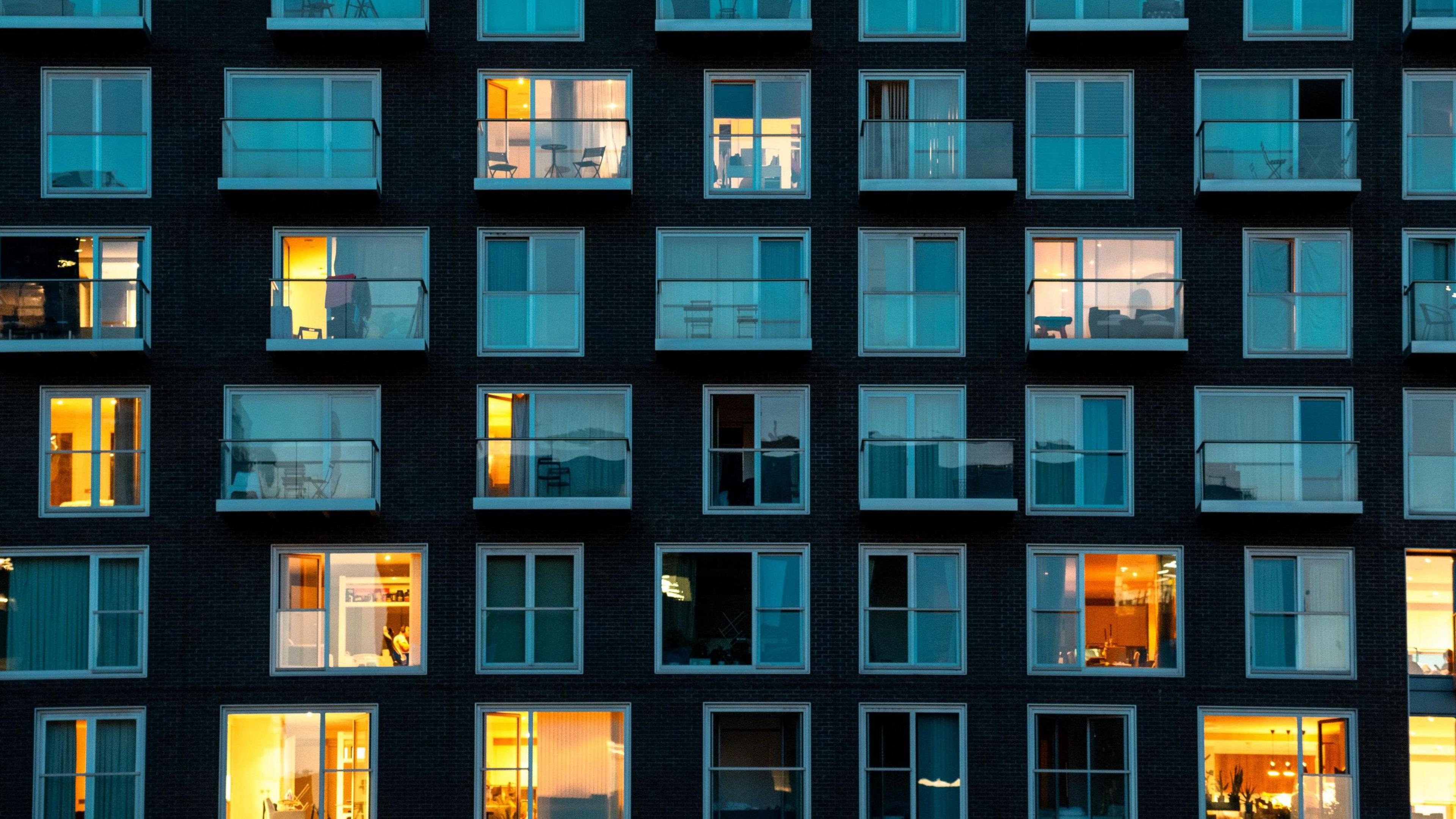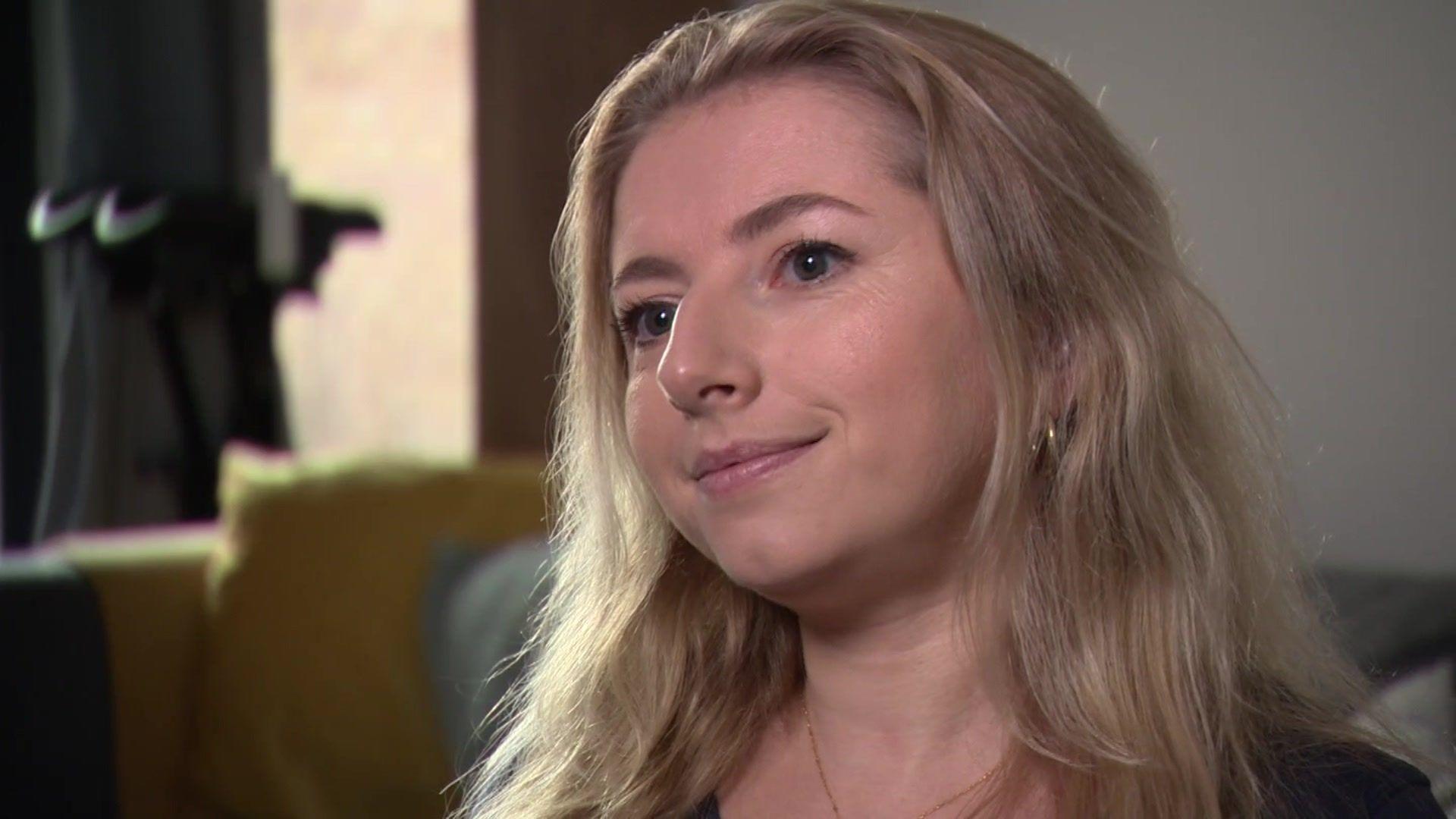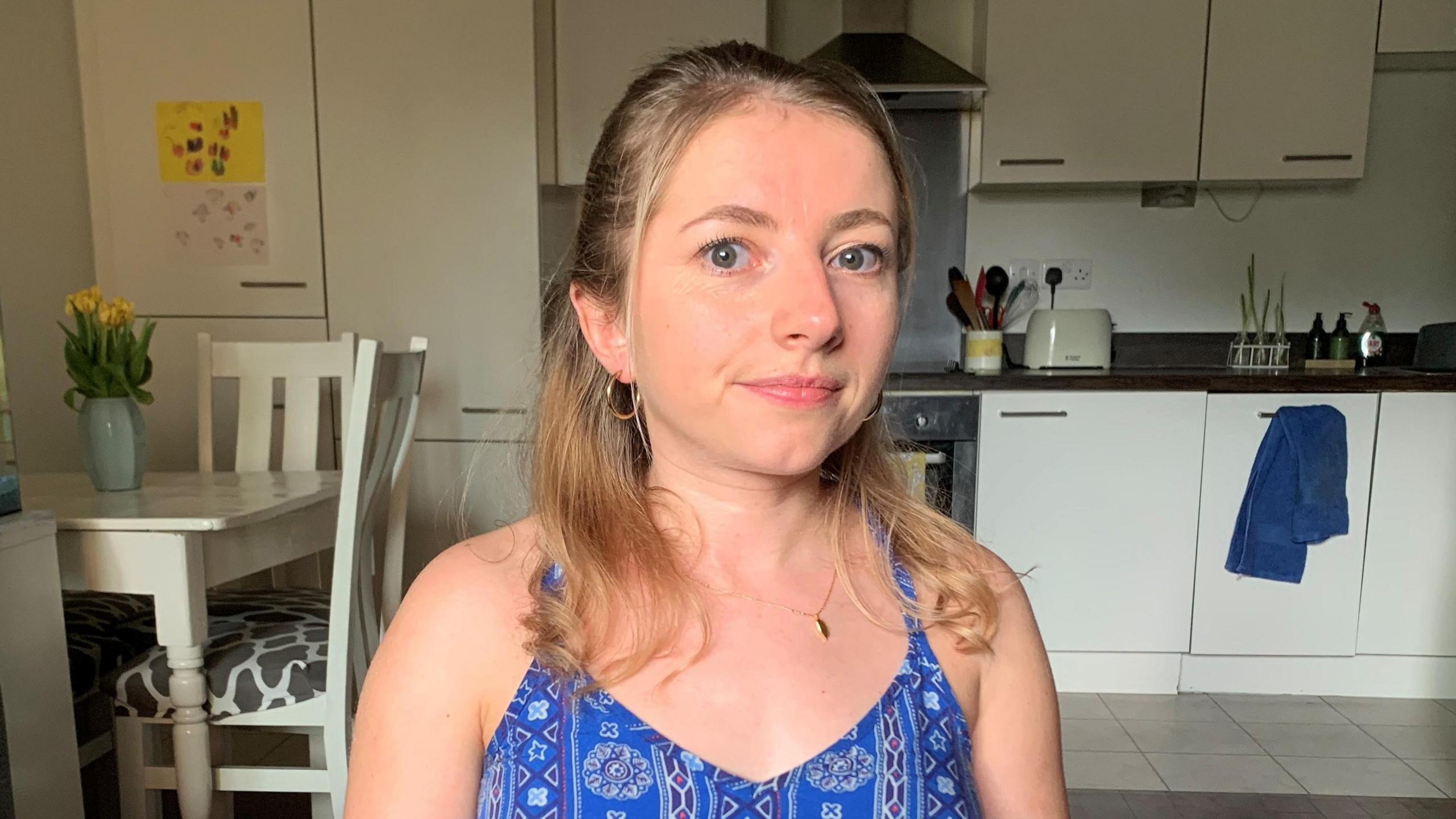Disabled people face 'accessible housing shortage'

The London Assembly Housing Committee has investigated accessible housing in the capital
- Published
Disabled Londoners are being failed due to a "chronic" shortage of accessible housing, the Mayor of London has been warned.
The chair of the London Assembly Housing Committee, Zoë Garbett, has written to Sir Sadiq following their investigation into accessible housing.
A lack of homes which are either built or adapted to enable people with access needs to live independently has led to "deeply distressing" conditions for those in need, according to Ms Garbett, a Green Party London Assembly member.
A spokesperson for the Mayor of London said: "The Mayor is committed to ensuring that all Londoners can afford a place to call home and providing genuine choice for London's diverse population."
'Housing emergency'
According to the Local Democracy Reporting Service (LDRS), Ms Garbett said the "stark and compelling" evidence heard from stakeholders included one resident left unable to wash themselves after being placed in temporary accommodation without an accessible bathroom.
Another had to wait for their partner to lift them two floors up because they could not take the stairs, she added.
Laura Vicinanza, from disability charity Inclusion London, said: "The number of people we spoke to who experience stress, anxiety, depression, who have had to be hospitalised - it is just outrageous."
Hallie Banish, from the independent living charity Ruils, said: "This is a housing emergency.
"Everyone deserves safe, accessible, affordable housing and the Mayor needs to do his job in ensuring this bare minimum standard is met."
Ms Garbett wrote: "The consequences of inaccessible housing are far-reaching.
"It often leaves people reliant on partners or carers to meet even their basic needs. It can take a profound physical, mental and emotional toll.
"We are clear that deaf and disabled Londoners deserve better; they deserve to live in homes that meet their needs, allowing them to live with dignity and independence."
'More housing options'
Even where accessible housing does exist, navigating the systems to find it are "complex and difficult", she added.
Ms Garbett said the "obvious solution" was building more accessible homes and retrofitting existing housing, but a lack of data, stemming from a failure to effectively monitor developer standards, meant taking effective action was "almost impossible".
Other recommendations included ensuring a larger proportion of homes are delivered to the wheelchair accessible standard and holding developers to account for failing to do so.
The London Plan, set out in 2021, requires 90% of new build homes be built to be adaptable for residents with accessibility needs, but last year, 23% of new build completions were compliant with this, the LDRS said.
A spokesperson for the Mayor of London said: "Years of under-funding by the previous government, low economic growth, high interest rates and record construction costs have all held us back from building much-needed homes – and Londoners are suffering the consequences.
"The current London Plan requires 10% of new homes to be wheelchair accessible or adaptable, and a recent consultation to inform development of the next Plan invited comments on how to unlock more housing options for disabled Londoners."
Listen to the best of BBC Radio London on Sounds and follow BBC London on Facebook, external, X, external and Instagram, external. Send your story ideas to hello.bbclondon@bbc.co.uk, external
Related topics
Similar stories
- Published9 February

- Published27 June 2024

- Published9 August 2024
